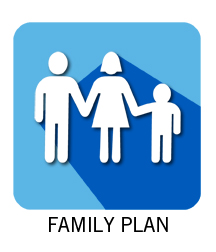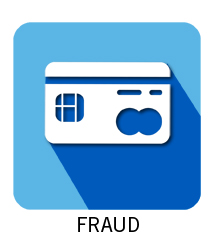
Family Plan
Your family may not be together when disaster strikes, so plan how you will contact one another and review what you will do in different situations. After a major disaster, it’s unlikely that emergency response services will be able to immediately respond to everyone’s needs, so it’s important to be prepared to take care of yourself and your family. Plan to be on your own for at least the first 72 hours and many experts recommend a two-week supply for a pandemic.
- It may be easier to make a long-distance phone call than to call across town, so an out-of-town contact may be in a better position to communicate among separated family members. Click here for resources begin creating your family communications plan
- Text, don’t talk! Unless you are in danger, send a text. Texts may have an easier time getting through than phone calls, and you don’t want to tie up phone lines needed by emergency workers.
- Make sure everyone knows where to find your Disaster Kit and Go Bag.
- Be sure your gas tank is always at least half full.
- Plan where to meet after a disaster if your home becomes unsafe. Choose two places, one just outside your home and one outside your neighborhood in case you are told to evacuate.
- Determine the best escape routes from your home. Try to identify two escape routes. Reference your State Offices and Agencies of Emergency Management to plan.
- Locate the gas main and other utilities and make sure family members know when and how to turn them off.
- Practice your evacuation routes.
- Teach each member of your family how to use a fire extinguisher.
- Take into account the special needs of children, seniors or people with disabilities, family members that don’t speak English and pets.



